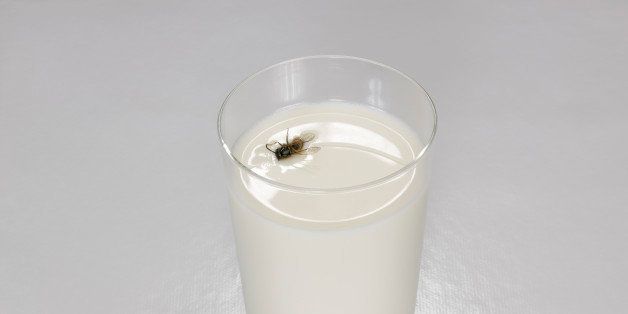Text:
ME: that sort of thing might incur bad luck? That you believe genuinely
L: so to be honest I’m not a very like superstitious person, however I definitely have some like things that have been passed down in my family. Umm that like I still kinda like, even though I don’t like “believe it” believe it, I always will like follow it because its just kinda part of our family and my heritage. Especially like umm, for example, I have a really big one– and I know it’s such a stereotype, but like my great grandfather uhh, was jewish and he like loved through the great depression, had a very very poor family. And I’ve heard this is a Jewish stereotype, but I’ve like learned from him, our family has like learned down through the generations, that if you like, for example, see a penny on the street you always no matter what pick it up. Because wasting money is like is such horrible luck. And like if if you know, if the universe gives you the gift of like finding a like a penny on the street you take it and then you like think about your family. So that’s a big one that I learned from my mom
ME: so passing it would incur bad luck upon you?
L: uhh yes…
ME: or is..?
L: – no that’s part of it, but like yeah it’s bad luck because, it’s about like appreciation for money and appreciation for like being given things.
ME: clarifying: you learned that from…?
L: I learned that from my mother who learned that from her grandfather who is Jewish, yeah. And I think that is like a wider Jewish thing. I’ve heard that
ME: thank you
Context:
This superstition was shared with me by a friend after going grocery shopping together when we sat in my bedroom to do schoolwork together.
L is a Jewish-American USC student studying sociology who grew up in Colorado.
Analysis:
L attributes this superstition to a respect for money and for good fortune. I think this makes sense, especially with the origin of the practice L describes: her great-grandfather growing up poor during the great depression.

